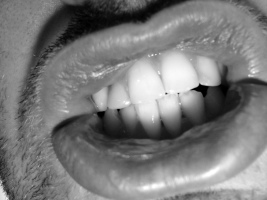Sleep, Bruxism, Headache and … Botox?
Often, seeing connections between two conditions can help us find better treatments for a particular patient. And a recent study on Botox and bruxism may lead to better treatments for migraine.
Bruxism refers to the clenching or grinding of your teeth at night. You can do it, and not even know it. But it could be a trigger for migraine attacks, or tension type headache.
There are some effective treatments that can help with bruxism – and are likely to help with headaches too – such as the NTI-tss device.
But a recent study suggests that onabotulinumtoxinA, well known under the brand name Botox, may help with bruxism as well. (Abstract: Onabotulinum toxin-A injections for sleep bruxism)
In the (small) study, some patients were given a placebo, and others Botox injections. Those who received the injections were more likely to improve over the next few weeks.
Although only a small introductory study, these results may tell us a couple of things. First, if you have migraine and bruxism, it may be more likely that Botox will work for you.
Also, doctors who know that their patients are dealing with migraine and/or tension-type headache may find that they can treat both with Botox. Will this also inform which injection sites are used in various patients – that is, what type of Botox treatment they get? It could very well be.
Have you found Botox helping you with bruxism, or at least helping you get a better sleep? Leave a comment!
For more on the study, see
